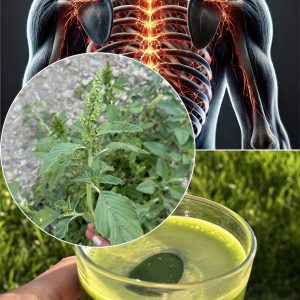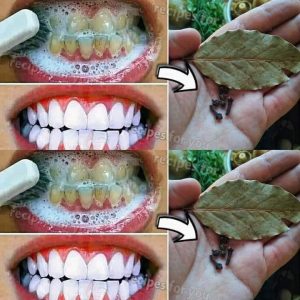Garlic is widely celebrated for its numerous health benefits, including its ability to boost the immune system, lower blood pressure, and improve cholesterol levels. However, like all foods, garlic can also pose certain risks, especially when consumed in excessive amounts or by certain individuals. Here’s an overview of some potential dangers of eating garlic:
- Digestive Issues:
- Garlic is potent and can irritate the digestive tract. Some people may experience discomfort, including heartburn, indigestion, or even nausea, especially when consumed raw or in large quantities.
- Blood Thinning:
- Garlic has natural anticoagulant properties, meaning it can thin the blood. This is generally beneficial for preventing heart attacks and strokes, but if you’re taking blood-thinning medications, excessive garlic consumption could enhance this effect, leading to increased bleeding risks.
- Bad Breath and Body Odor:
- Known for its strong aroma and lingering aftertaste, garlic can cause bad breath and body odor, which might be socially inconvenient.
- Low Blood Pressure:
- While lowering high blood pressure is a benefit, for those who already have low blood pressure or who are taking blood pressure medications, garlic can potentially lower it too much, causing symptoms like dizziness or fainting.
- Allergic Reactions:
- Although rare, some individuals may be allergic to garlic. Symptoms can range from mild (skin rashes, hives) to severe (difficulty breathing, anaphylaxis).
- Risk During Surgery:
- Due to its blood-thinning properties, consuming garlic prior to surgical procedures can increase the risk of excessive bleeding. It’s usually recommended to avoid garlic at least two weeks before any planned surgery.
- Gastrointestinal Discomfort:
- In some cases, especially with raw garlic, people might experience gas, bloating, or diarrhea.
Precautions:
- Moderation is key: Like with any dietary supplement or strong food, moderation is crucial. Incorporating garlic as part of a balanced diet is typically safe for most people.
- Consult with healthcare providers: If you’re on medication or have a medical condition, it’s a good idea to talk to a healthcare provider about how much garlic is safe to consume.
Garlic, when used wisely, can be a great addition to your diet. Just be aware of the potential side effects, especially if you have certain medical conditions or dietary sensitivities.





